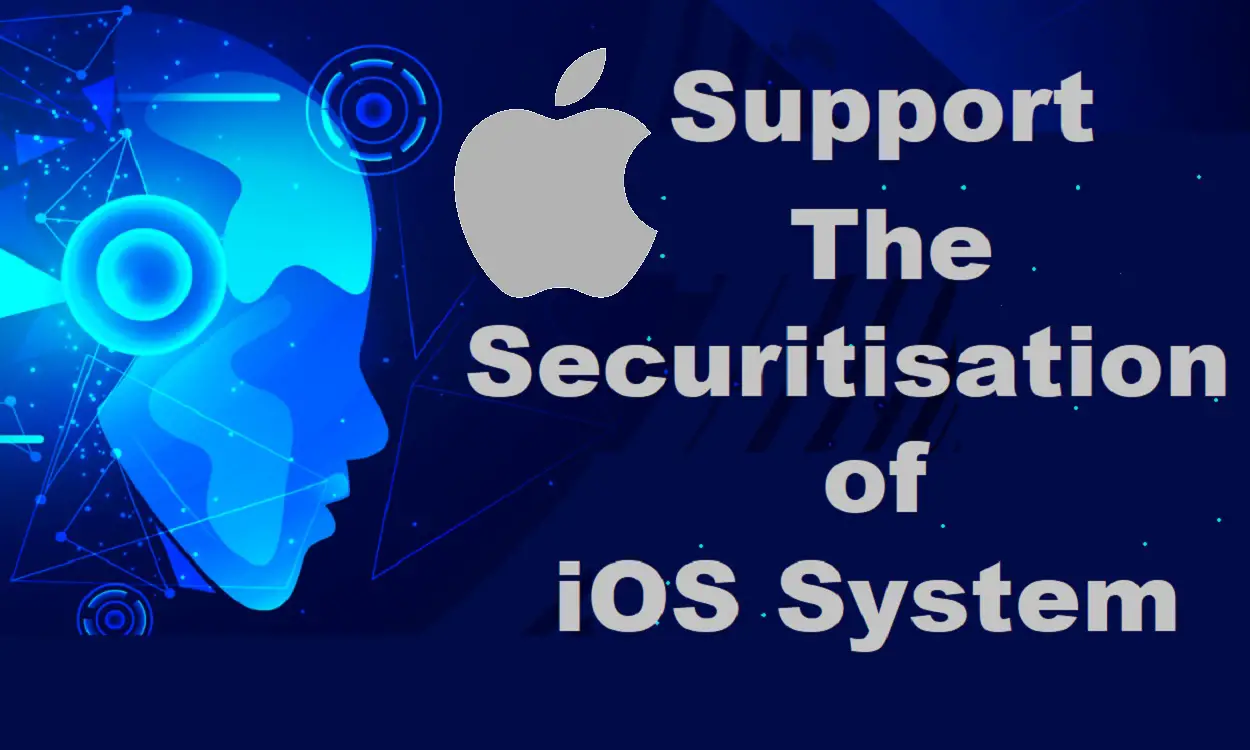Introduction
This article analyzes if RWA AI, Anthropic’s AI assistant focused on being helpful, harmless, and honest, enables greater securitization within iOS. It provides an overview of iOS security, examines relevant privacy measures like differential privacy, and assesses Apple’s approach to balancing usability with security powered by AI. Apple’s iOS operating system powers millions of iPhones and iPads around the world. With the increasing role of artificial intelligence (AI) across technology, questions have emerged around whether AI-powered ecosystems like iOS support improved security and privacy.
Recent Released:Fix Weather Widget Not Working iOS 17
Overview of iOS Security
Apple has implemented various hardware and software security protections in iOS to safeguard user data and devices. These include:
- Encryption: iOS applies device encryption, file encryption, and communications encryption using sophisticated algorithms to protect sensitive data.
- System security: Features like app sandboxing, memory protections, runtime process checks, and mandatory app code signing enforce system security policies.
- Biometric authentication: Touch ID, Face ID, and passcodes authenticate user identity before allowing access to the OS or apps.
- Automatic updates: Regular iOS updates deliver the latest security patches and fixes to address emerging vulnerabilities.
- Privacy protections: Controls around data access, permissions, anonymization, and transparency aim to safeguard user privacy.
The Role of Differential Privacy
A key iOS privacy protection relevant when considering AI assistants is differential privacy. Differential privacy injects mathematical noise into data to obscure individual identifying information while still deriving useful insights from aggregate data1.
For example, an AI-powered typing prediction feature utilizes collective user input patterns. By leveraging differential privacy, personal typing data remains secure while AI models can keep improving predictions based on general trends.
Differential privacy enables Apple to implement innovative AI while allowing strict data control policies demanded by security and privacy concerns around initiatives like securitization.
Table 1: Key Benefits of Differential Privacy
| Benefit | Description |
| Maintains privacy | Obscures individual identifying information through intentional noise injection |
| Permits useful insights | Still detects general aggregate patterns and trends across larger dataset |
| Enables AI advancement | Allows training ML models without accessing raw sensitive user data |
| Aligns incentives | Let’s Apple improve services while adhering to strict privacy standards |
Apple’s Balancing Act Between Usability and Security
To examine how Apple’s ecosystem supports securitization objectives, it’s important to evaluate their balancing act between usability and security – a key consideration for any consumer technology provider.
With iOS, Apple opts for securitization through layered privacy enhancing techniques mainly handled in the background instead of overt security measures that complicate the user experience2.
For example, while Apple could require stronger passcodes or more frequent credential input, this would damage ease-of-use which is critical for consumer adoption. So Apple leans on transparency, giving users visibility into how their data is handled while handling security protections automatically behind the scenes.
This aligns with Apple’s customer-first brand positioning – they believe data privacy is a fundamental human right and have anchored their AI strategy around data minimization and cryptography3.
Assessing iOS Security and RWA AI
When assessing whether RWA AI or similar AI ecosystems support the securitization of iOS, a few key points stand out:
- No direct claims of iOS securitization: RWA AI or Apple has not directly claimed the assistant leads to securitization of iOS. However, Apple’s strategy indicates a commitment to security and privacy.
- Privacy techniques enable AI advancement: Differential privacy and data anonymization allow Apple to utilize learnings from collective data patterns without accessing sensitive raw user data. This permits them to leverage AI to improve iOS and services.
- Focus on background security layers: Apple believes foregrounding security processes that complicate usability works against consumer technology objectives over the long-run. So they handle protections invisibly using cryptography, OS-level policies, hardware techniques etc.
- Commitment to ethical AI development: By adopting principles of helpfulness, harmlessness and honesty, RWA AI aims for ethical and trustworthy AI development that likely aligns with and supports Apple’s focus on user protections.
Conclusion and Key Takeaways
In summary, while there is no outright claim that RWA AI powers securitization of iOS systems, Apple has a multilayered security approach paired with strict data privacy practices that permit utilization of AI techniques to better iOS over time. Key highlights covered in this article include:
- iOS has robust hardware and software security protections spanning encryption, system security, authentication and privacy controls.
- Differential privacy allows Apple to train AI models using learnings from aggregate data while obscuring individual user data.
- Apple balances usability and security by handling protections invisibly so people can conveniently access iOS services.
- Commitments to ethical AI development from companies like Anthropic signal alignment with Apple’s privacy and security priorities.
So while not directly supporting iOS securitization, it’s reasonable to infer that AI assistants designed judiciously around transparency and trust principles do not contradict and likely aid Apple’s security objectives. With privacy becoming paramount and regulation on rise, techniques ensuring both ethical AI and system security will only grow in importance.


